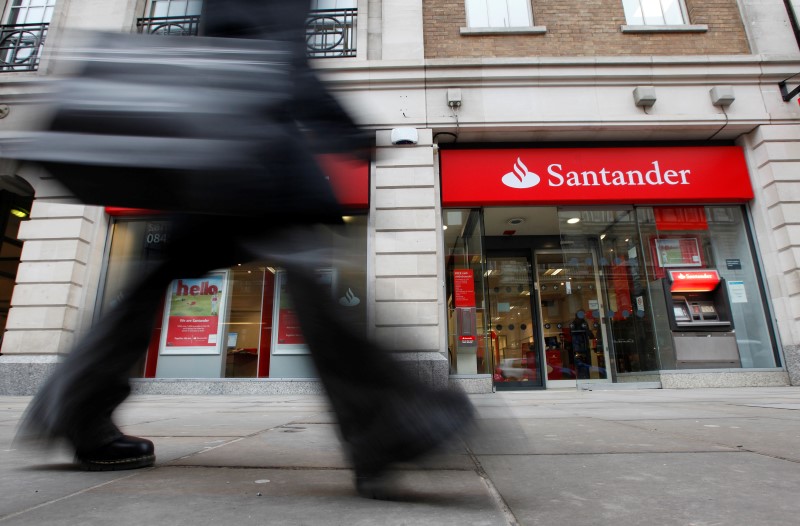LONDON (Reuters) - Most investment institutions still haven't taken concrete steps to better incorporate "blockchain" technology in their operations, according to a survey from State Street and Oxford Economics.
Blockchain, or distributed ledger technology, creates a shared database in which participants can trace every transaction. Its proponents say it has the potential to shake up how financial markets operate.
While 57 percent of the asset managers and asset owners surveyed expect blockchain technology will be widely adopted in the investment business in the next five years, only seven percent currently have initiatives underway to support adopting the technology.
Among the hurdles are a lack of education about the technology and concern over how secure networks built on blockchain might be, according to the survey.
Santander (MC:SAN) is the first British bank to start using the technology for recording international payments and may start rolling out the service to customers next year, the head of innovation at its UK arm said last week.

The technology may eventually allow banks to settle the estimated $26 trillion of annual international transactions almost instantaneously. That compares with settlement times of days under the current systems used by banks.